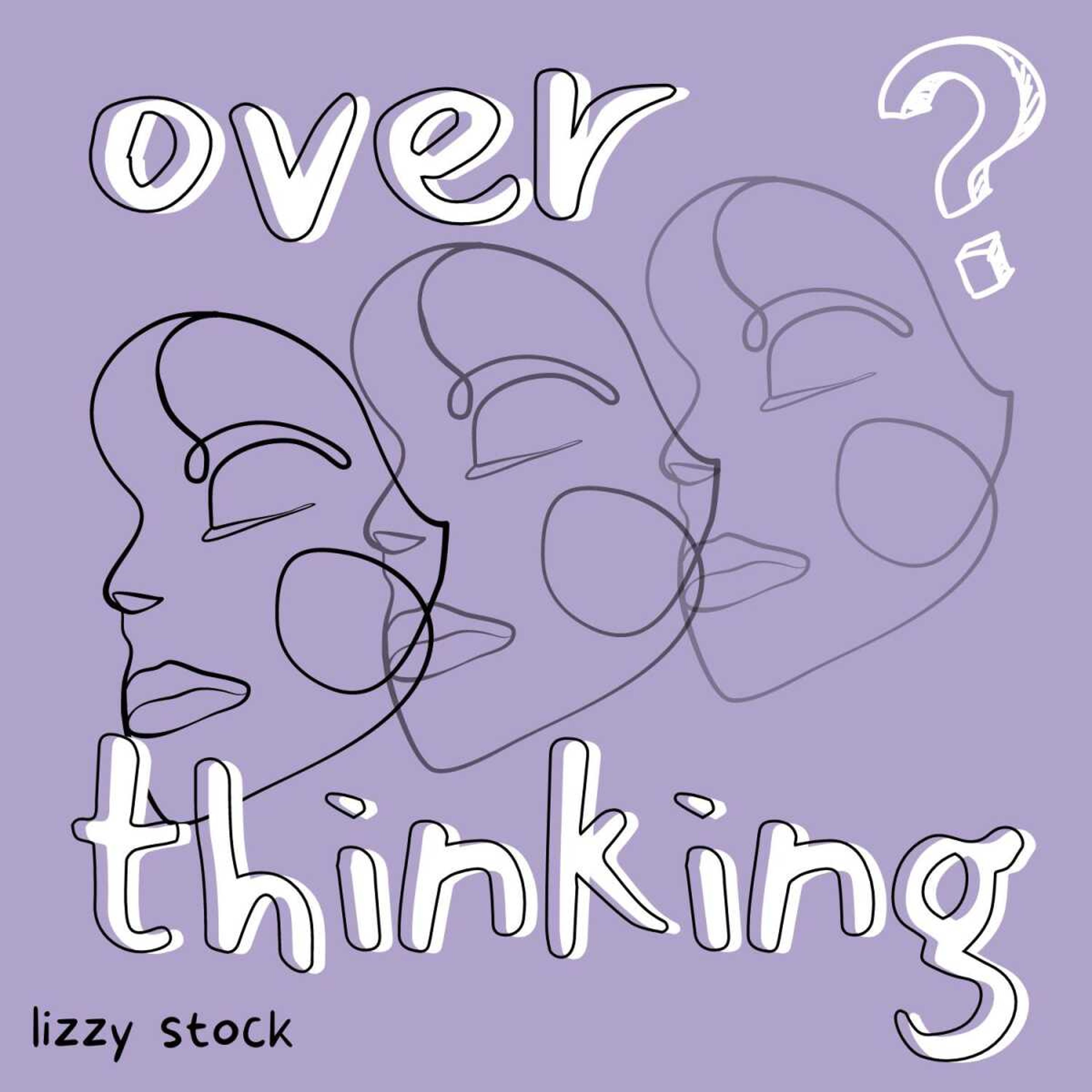In this year's midterm election, the Christian religion was a key point in many candidates’ campaigns. With candidates like Republican Doug Mastriano pushing for schools to have mandatory Bible studies, and Republican Marjorie Taylor Greene openly calling herself a Christian nationalist, Christianity has been given significant leeway in the political world.
Christian nationalism is the ideology that America is a nation defined by Christianity, and in turn, the government should pave the way for the nation to return to Biblical ideals.
Many Christian nationalists reject the idea of separation of church and state, and often call the mix of politics and religion “spiritual warfare,” or fighting back against so-called evil forces.
Mastriano’s campaign slogan is “Walk as free people,” a reference to the Bible verse John 8:36 (NIV): “So, if the Son sets you free, you will be free, indeed.” Yet, Mastriano makes it clear through his push for in-school Bible studies and claims God did not intend for us to be locked down during the pandemic that he believes the only freedom of choice is the Christian one. It is the path he expects all Americans to walk on.
Lauren Boebert, a Republican candidate running for the House of Representatives seat in Colorado, said, “The reason we had so many overreaching regulations in our nation is because the church complied. The church is supposed to direct the government. The government is not supposed to direct the church. That is not how our founding fathers intended it. And I’m tired of this separation of church and state junk that’s not in the constitution.”
Turning Point USA is a nonprofit conservative organization. Turning Point’s founder Charlie Kirk said something similar to Boebert: “There is no separation of church and state. It’s a fabrication, it's a fiction, it's not in the constitution.”
Yet, the first amendment of the Constitution states, “Congress shall make no law respecting an establishment of religion or prohibiting the free exercise thereof.” Many still deny the existence of the separation of church and state simply because it doesn’t appear in that exact verbiage.
Many of these candidates and politically-involved individuals advocate for the freedom of religion, which pulls from the same Constitutional clause as the separation of church and state.
But how free can our nation be if only one religion is prioritized?
When religion is brought into politics and Scripture is tied into policy, it begins to distort the point of politics. Laws and policies should be fair to all, bringing judgment to those who do wrong and order to the whole of society.
If we begin basing these practices on religion, it is almost as if we are handing our freedom over not even to God, but to those who speak for him.
Bringing the idea of a higher power into politics hands the keys over to pastors who involve themselves in politics and candidates with strong involvement in religion, and gives those who fear damnation real reason to worry. For example, if these individuals begin to use Scripture as motivation to have bills passed by Congress, people may be manipulated into supporting wrongful legislation due to their desire to follow God and His word.
If lawmakers eventually decide it is wrong to practice a religion other than Christianity under Christian nationalist rule, how could any Muslim, Buddhist, Jew or anyone of another religion feel safe? What if other religions begin to see how American politics can be overcome by religion, and try to change the political agenda of the nation to another faith?
It is not only Christianity being involved in politics that poses a problem. Any religion being tied into politics, and therefore forced into peoples’ lives, is dangerous. It could undermine the reasoning behind any bill, vote or law, and allows those in power to strike the voice of the people with the argument that their God told them it wasn’t meant to be.
Christian nationalism has real repercussions on not only politics, but society. When we begin to turn a free nation into one filled with rules and regulations on people's freedom of religion, it cannot be called a “free nation” any longer.
Although many candidates who advocated for Christian nationalism in their campaigns lost, this is not the end of the movement or its ideas. These candidates still have supporters from all over the nation who believe God is the ruler of all things, even politics, and are willing to force this message onto all citizens.
I fear these same candidates may even be successful in using spirituality as a weapon for political gain.
Recently, Christianity has been on a sharp decline. According to a study done by the Pew Research Center, 90% of individuals living in the U.S. identified as Christian in 1972, a number which dropped to 64% in 2020 and continues to dwindle. Additionally, the percentage of people who identify as religiously ‘non affiliated’ has jumped from 16% percent in 2007 to 30% in 2020.
In a report by the Arrow, religious disaffiliation is the main contributor to the decline in Christianity, reinforcing the idea that the number of people who identify as religiously ‘non affiliated’ will continue to grow.
If Christianity is dwindling in a nation where candidates want it to be the law of the land, how will those who are involved in another religion or are unaffiliated be affected? Will they have to give up their choice of religion for the freedom of others?
In the coming years, we need to look at who we are allowing to speak on behalf of religion and politics. Who are we inviting into our government to represent our nation, and why do we allow such extreme candidates to be at the forefront?
Where do we truly draw the line between the separation of church and state, and what are the repercussions for involving one in the other?
America should remain the land of the free, with freedom for all its people and their respective religions.







